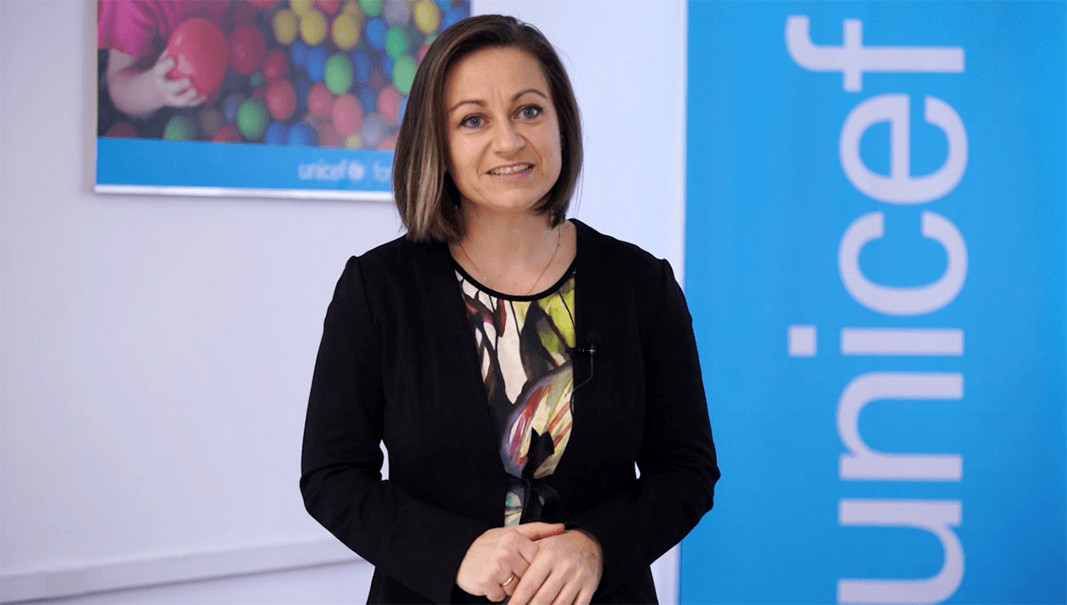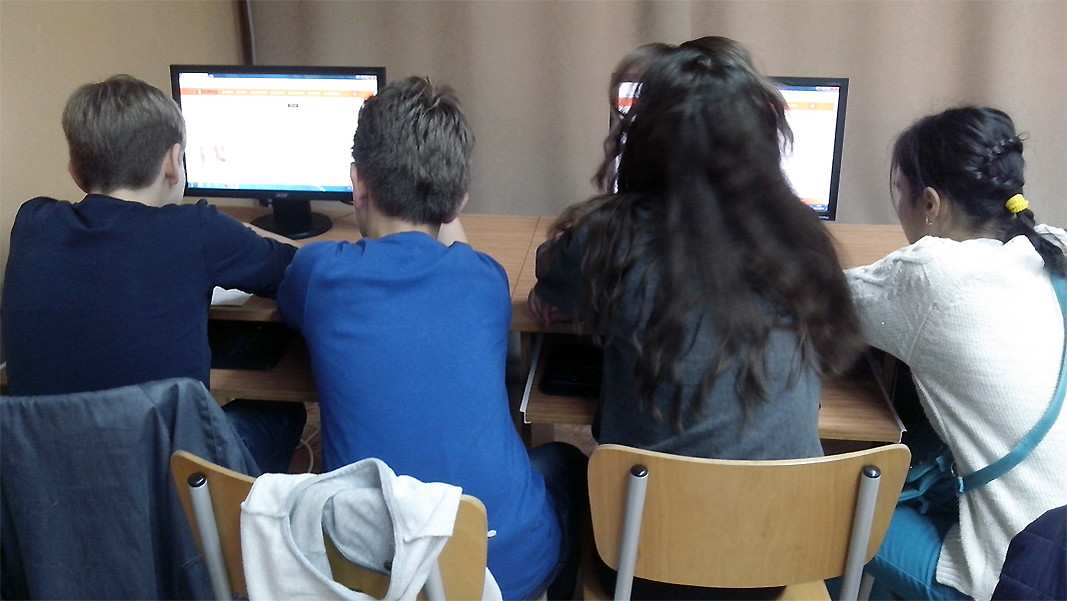These are times of crises: health, war, social and economic, political. And while vaccinations, elections and financial literacy may be solutions to our problems today, a silent and detrimental crisis is lurking in the shadows and is still waiting for solution - the crisis in education. A sphere in which reforms are slow and the results become visible after a generation.
The latest report by the International Commission on Education and UNICEF, and supported by the global initiative Generation Unlimited, has also sounded the alarm about a crisis in education.
The paper includes analyses of the skills of children and young people aged 15 to 24 in 92 countries around the world. And while the data are not surprising, they are deeply worrying. Nearly half of young people lack the basic skills needed for secondary education, and almost three-quarters of them globally fail to acquire the skills needed to be adequately employable. In Bulgaria, the figure is 48, compared with 30 in Spain and 22 in Denmark.

"Unlike international surveys such as PISA and TIMSS, this report also included children who are outside the education system. This explains why the results of the latest survey are more worrying than what we have known so far", Maria Yankova, Education Officer at UNICEF Bulgaria, explained for BNR's Horizont radio station.
Eurostat data for 2021 show that 14% of young people in Bulgaria are out of employment, education or training. A Ministry of Education study for the same year also shows that 120 000 school-age children are at risk of dropping out of the education system.
Prone to quick generalisations, public opinion seems to look with optimism on the potential of young people for reading and learning:
"The young people don't like to read books. There is all kinds of information on the Internet at any time" - says a Bulgarian in a poll by BNR-Blagoevgrad.
A fellow citizen shares this opinion:
"I think that young people are into computers, mostly websites and they don't like to learn from textbooks"- adds an elderly lady.
However, there are also optimists who say:
"Bulgarians love to read books, and continue to read. The younger generation, prefers contemporary writers."

If Bulgaria's young people are indeed so digitally oriented, why are the results of distance learning so poor?
According to Maria Yankova, the country has managed to provide digital access to students very quickly, but it was the quality of studying that was problematic. According to her, school closures due to Covid-19 have had an extremely negative impact on the education process.
"First of all, distance learning largely requires learning and self-training skills, which unfortunately children in our country lack. According to an analysis by the Ministry of Education and Science, only about 30-40% have been able to cope in the new working environment. The closure of schools has widened the gaps in children's knowledge and has had a very negative impact on their socio-emotional world. The scissors of inequality between the most vulnerable groups of children, who did not have electronic devices, and their classmates widened," the analyst admits.
In this regard, it is important to know that nearly half of school-age children lack basic digital skills, namely understanding and performing basic computer activities such as copying or moving information in a document, sending e-mails with attachments, and transferring files between devices.
While school-age youth have difficulty mastering certain skills, young adults have strong limitations in terms of employment. They appear to be the hardest hit by the pandemic, which has left them unemployed, or hired on temporary contracts, rather than on permanent ones, explained Maria Yankova.

What is the solution?
"Results in education are never immediate, they require real perseverance. It is very important to move from theoretical knowledge to practical skills that are actually necessary for a society to prosper. Unfortunately in Bulgaria we have resistance to updating the curriculum. On the other hand, priority is increasingly being given to certain subjects, such as Bulgarian language, mathematics and history, at the expense of sport, music and fine arts. When all the European countries were discussing how to act during the pandemic, we taught extra lessons in these subjects. Which led to fatigue in both children and teachers, and to no avail. While our colleagues in Belgium, Germany and Finland, for example, have introduced extra music and sports classes. More and more countries around the world are implementing strategies to make children feel happy at school and happy - not obliged - to learn," Maria Yankova concludes.
At this point, it may be good to say that the Ministry of Education and Science has adopted a national programme "Together in Arts and Sport" with a funding of 46 million euro, which will be launched this coming school year. A good start to a long road ahead.
Compiled by: Vesela Krasteva
English version: Elizabeth Radkova
Photos: BGNES, UNICEF-BGThe Bulgarian national minority in Albania is one of the largest in the country, according to data from the latest official population census. A total of 7,057 individuals identified as Bulgarians. For comparison, 23,000 people identified as Greeks,..
From today, residents of Stara Zagora, young and old, can send their letter to Santa Claus. A letterbox has been set up in the foyer of the city's State Puppet Theatre to collect messages for Father Christmas. The cultural institution guarantees that..
A Christmas tree with Bulgarian decorations has been placed in a central location at the Griffin Museum of Science and Industry in Chicago. For the fifth consecutive year, Bulgarians living in Chicago crafted the lavish decoration of the Bulgarian..
Nuredin Nuredinaj comes from the historical-geographical region of Gòra in Northeastern Albania, where 90% of the inhabitants identify themselves as..

+359 2 9336 661
